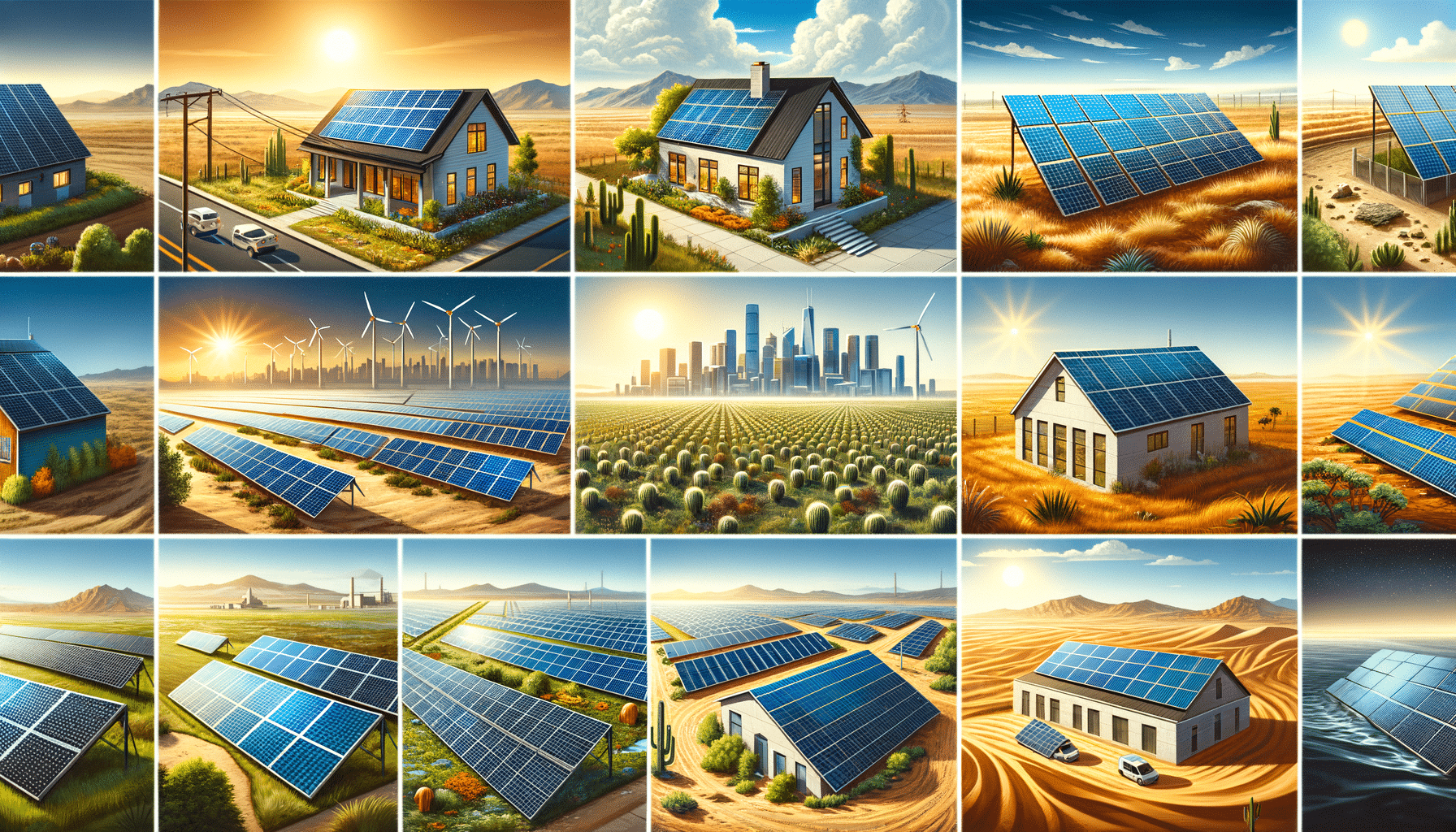
Guide: Are solar panels really a good choice?
Introduction to Solar Panels
Solar panels have become a prominent feature in the landscape of renewable energy solutions. As the world grapples with the effects of climate change and the need for sustainable energy sources, solar panels offer a compelling alternative to traditional fossil fuels. By converting sunlight into electricity, these panels provide a clean, renewable source of energy that can power homes, businesses, and even vehicles. But are solar panels the right choice for everyone? This guide delves into the workings of solar panels, their benefits, and the considerations you should weigh before making an investment.
How Solar Panels Work
At the core of solar technology is the photovoltaic (PV) cell, a device that converts sunlight directly into electricity. When sunlight strikes a solar panel, it energizes electrons in the PV cells, creating an electric current. This process is known as the photovoltaic effect. The electricity generated is direct current (DC), which is then converted to alternating current (AC) by an inverter, making it suitable for use in homes and businesses.
Solar panels are typically installed on rooftops or in open spaces where they can receive maximum sunlight. The efficiency of a solar panel is determined by its ability to convert sunlight into electricity, which can vary based on factors such as the material of the PV cells, the angle of installation, and the amount of sunlight the location receives.
Understanding how solar panels work is crucial for anyone considering this technology. It not only helps in making informed decisions about installation but also in maximizing the potential benefits of solar energy.
Benefits of Solar Panels
Investing in solar panels comes with a multitude of benefits that extend beyond just reducing energy bills. Here are some of the notable advantages:
- Environmental Impact: Solar energy is a clean, renewable resource that significantly reduces carbon footprints. By using solar panels, individuals and businesses contribute to a reduction in greenhouse gas emissions.
- Energy Independence: Solar panels provide a level of energy independence by reducing reliance on the grid. This is particularly beneficial during power outages or in remote areas where grid access is limited.
- Cost Savings: While the initial investment can be substantial, solar panels often lead to long-term savings on electricity bills. Additionally, government incentives and tax credits can offset installation costs.
- Low Maintenance: Solar panels require minimal maintenance, with most systems having a lifespan of 25-30 years. Regular cleaning and occasional inspections are typically sufficient to keep them operational.
These benefits make solar panels an attractive option for many, but it’s essential to assess whether they align with individual or business goals and circumstances.
Considerations Before Installing Solar Panels
While the advantages of solar panels are clear, there are several considerations to keep in mind before installation. First, evaluate the suitability of your location. Solar panels require ample sunlight to be effective, so areas with frequent cloud cover or shading from trees and buildings may not be ideal.
Next, consider the structural integrity of your roof. Solar panels add weight, so it’s crucial to ensure that your roof can support the additional load. Consulting with a structural engineer or a reputable solar installation company can provide clarity on this aspect.
Financial considerations are also paramount. The upfront cost of solar panels can be significant, although financing options and incentives can make them more accessible. It’s important to calculate the return on investment and the time it will take to recoup the initial expenses through energy savings.
Lastly, understand the legal and regulatory requirements in your area. This may include permits, zoning laws, and utility company regulations. Being informed about these factors can streamline the installation process and help avoid potential hurdles.
Conclusion: Is Solar Energy Right for You?
Deciding to install solar panels is a significant decision that requires careful consideration of various factors. While solar energy offers numerous benefits, including sustainability, cost savings, and energy independence, it’s not a one-size-fits-all solution. Potential users must assess their specific circumstances, including location, financial situation, and long-term goals.
For those who find that solar panels align with their needs, the transition to solar energy can be a rewarding investment. It not only contributes to environmental conservation but also offers a degree of energy autonomy that is increasingly valuable in today’s world.
Ultimately, the decision to embrace solar energy should be informed by thorough research and a clear understanding of the technology and its implications. By doing so, you can ensure that your investment in solar panels is both wise and beneficial in the long run.


